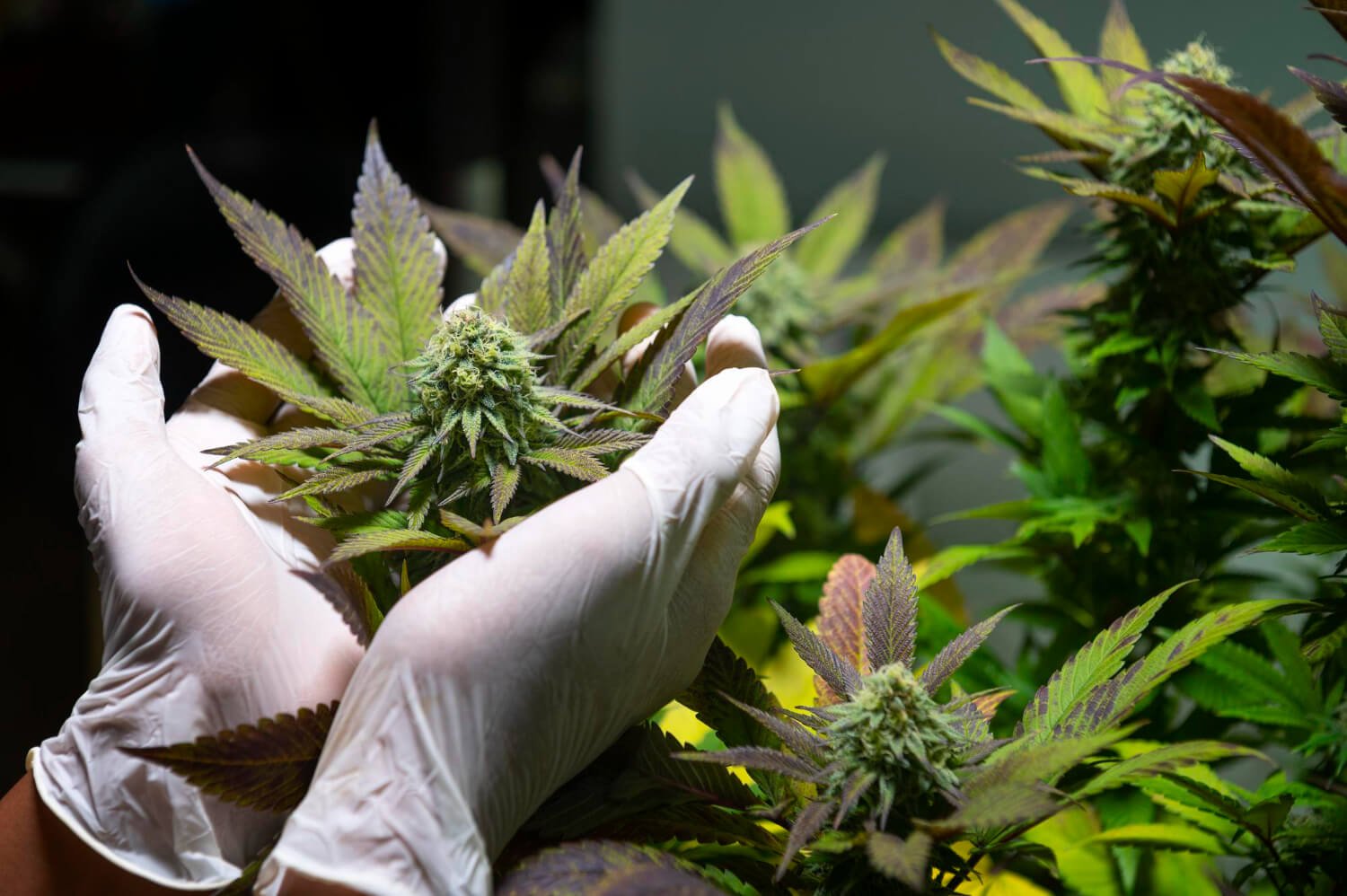In recent years, the emergence of delta-8 THC products derived from hemp plants has created a legal conundrum for regulators across the United States. Made legally available through loopholes provided by the 2018 Farm Bill, lawmakers are now grappling with how to regulate these hemp-derived cannabinoids, particularly delta-8 THC, a less potent version of the psychoactive compound found in marijuana.
In January, the Food and Drug Administration (FDA) declared that Congress needs to develop new regulations to address this issue. However, while Congress is under pressure to pass a new farm bill by September 30th, there are concerns that lawmakers may not act quickly enough.
Safety Concerns Arise Amid Lack of Regulatory Oversight
An unintended consequence of the current legislative ambiguity is an increased risk to public health. Since many delta-8 THC products remain unregulated, they may contain chemicals or heavy metals that could be harmful when consumed.
Adding further complexity is the existence of a synthetic variant of THC called THC-O, which falls within the Controlled Substances Act as a regulated substance. As a result, this makes it necessary for retailers and consumers to understand whether their product of choice is the unregulated delta-8 THC occurring naturally in the plant or the chemically converted cannabidiol (CBD) counterpart, known as delta-8 THC-O.
State-Level Attempts to Regulate Delta-8 THC
Without a clear federal response, legislation and regulation are patchwork across state lines. Since 2018, 15 states have implemented complete bans or restrictions on delta-8 THC products, while other states, such as Alabama, Kentucky, Michigan, Minnesota, and South Dakota, are pursuing limited regulations.
Delta-8 THC’s Legal Status in Texas: A Murky Landscape
While Texas permits medical cannabis in restricted conditions through the Texas Compassionate Use Program, the legal standing of delta-8 THC remains cloudy. Initially, CBD businesses in Texas began selling delta-8 leveraging its low THC content, classifying it as a “lawful marijuana extract” under HB 1325.
Yet, in 2021, the Department of State Health Services (DSHS) attempted to curtail its sale, categorizing delta-8 as illegal. Despite this, delta-8 THC continues to be available legally in Texas, pending an ongoing lawsuit against DSHS. This lawsuit questions the agency’s authority to ban delta-8, and a district court ruling prevents the enforcement of the DSHS’s order to declare the compound illegal until a conclusive decision emerges.
The FDA has not provided broad policy guidance for regulating delta-8 THC. Still, it has warned specific companies about violations of the Federal Food Drug and Cosmetic Act when selling delta-8 THC products inappropriately or by making unresearched medical claims about its benefits.
It remains essential that policymakers gain a better understanding of the most effective measures, such as contaminant testing or age requirements to purchase delta-8 THC, to reduce potential harm to public health.
What’s Next: A Complex Regulatory Road Ahead
As the deadline for the next farm bill approaches, many stakeholders in the delta-8 THC industry are watching closely for signals from Congress. While there is a necessity for addressing the lack of oversight in this growing market, Andrew Freedman, Executive Director of the Coalition of Cannabis Policy, Education, and Regulation, noted that the upcoming farm bill would likely focus on raw commodities like hemp flowers rather than finished products related to delta-8 THC.
As consumers and regulators navigate an uncertain landscape, lawmakers must prioritize research and fact-based policy decisions to protect public health and ensure a fair, transparent market for delta-8 THC products.





